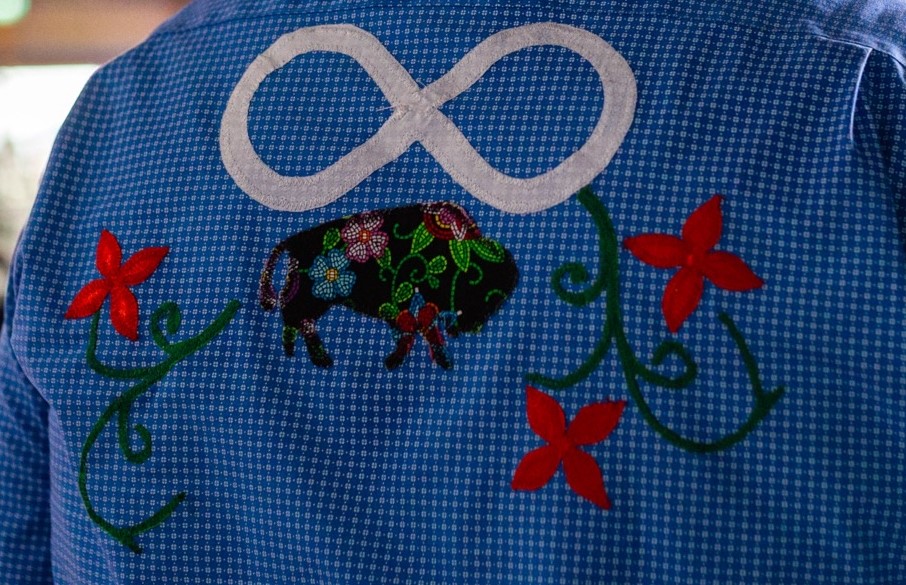By: Mike Stimpson, Local Journalism Initiative Reporter, Thunder Bay Source
Leaders in Nishnawbe Aski Nation, Grand Council Treaty #3 and other First Nations organizations say some Métis groups have been making “illegitimate and shifting claims of indigeneity.”
But the Métis Nation of Ontario (MNO) said that assertion is based on “revisionist history.”
Indigenous leaders at the Indigenous Identity Fraud Summit held this week in Winnipeg passed a resolution calling on the federal government to stop negotiating with the MNO, an Ottawa-headquartered association that asserts Indigenous rights for its members.
Nishnawbe Aski Nation, which represents Treaty 9 and Treaty 5 First Nations across Ontario’s North, issued a news release Wednesday applauding the summit’s “unified opposition” to the MNO and Bill C-53.
Grand Chief Alvin Fiddler thanked the Chiefs of Ontario and the Manitoba Métis Federation “for taking a strong and united stance against illegitimate and shifting claims to indigeneity” at the Winnipeg event.
Fiddler said his organization “will not stand for any infringement” of member First Nations’ treaty rights and opposes Bill C-53, federal legislation that would authorize Ottawa to negotiate and ratify treaties with Métis organizations including the MNO.
“C-53 lays out the pathway to a so-called treaty with the corporation known as the Métis Nation of Ontario,” Daniel Morriseau, Grand Council Treaty #3’s political adviser, said Thursday in an interview.
The Treaty 3 organization voiced opposition to the bill last year and their position has not changed, Morriseau said.
In fact, he said, “I think it’s safe to say all of Ontario is united in this opposition.”
The MNO released a statement Wednesday saying the Winnipeg summit “was used to distort the truth about Métis Nation history and identity.”
The MNO represents legitimate claimants to Métis heritage and wants “a climate where we can have difficult but very important conversations,” the statement said.
Bill C-53, which went through first and second readings in the House of Commons last June and the committee stage in February, is about “the recognition of certain Métis governments in Alberta, Ontario and Saskatchewan to give effect to treaties with those governments.”
Now in the “report stage” that precedes final reading in the House, the bill authorizes the federal cabinet to negotiate and ratify treaties with the MNO and similar Métis organizations in Alberta and Saskatchewan.
The bill “essentially provides a blank cheque to the Métis Nation of Ontario – the corporation known as the Métis Nation of Ontario – to negotiate with the federal government,” Morriseau said. “And essentially this treaty is pre-approved.
“We’ve been told that any discussions regarding that treaty is a matter of cabinet privilege and essentially it’s none of our business,” Morriseau continued.
“But our question in Treaty 3 is, how can you negotiate a treaty regarding our territory without involving us?”
Everyone “should be concerned that the power of approving treaties has been removed from parliament and put in the hands of the federal cabinet,” Morriseau said. “I mean, it’s really unprecedented stuff.”
The Assembly of First Nations, representing more than 600 chiefs across Canada, passed a resolution last year calling for the bill to be axed.
